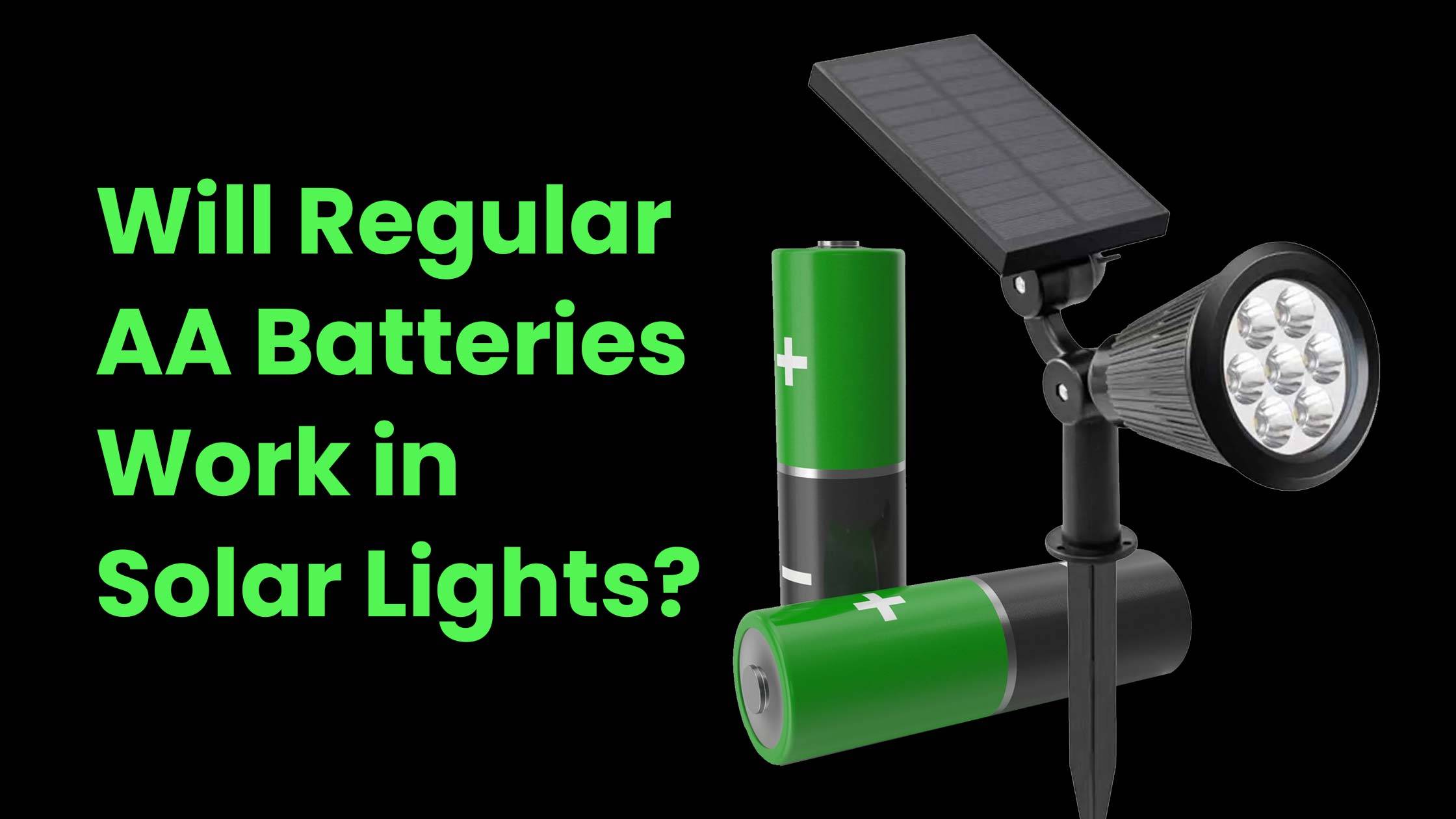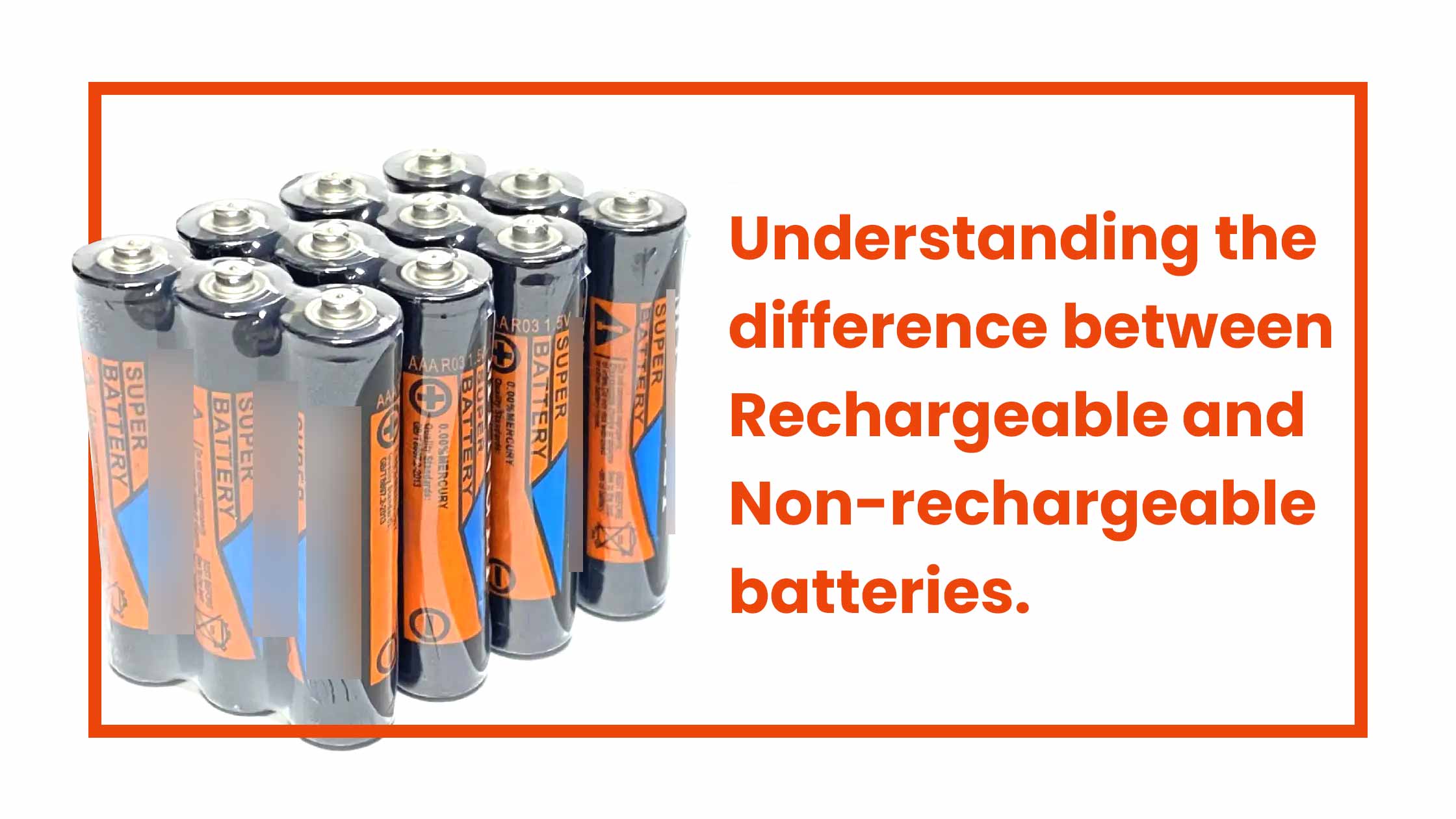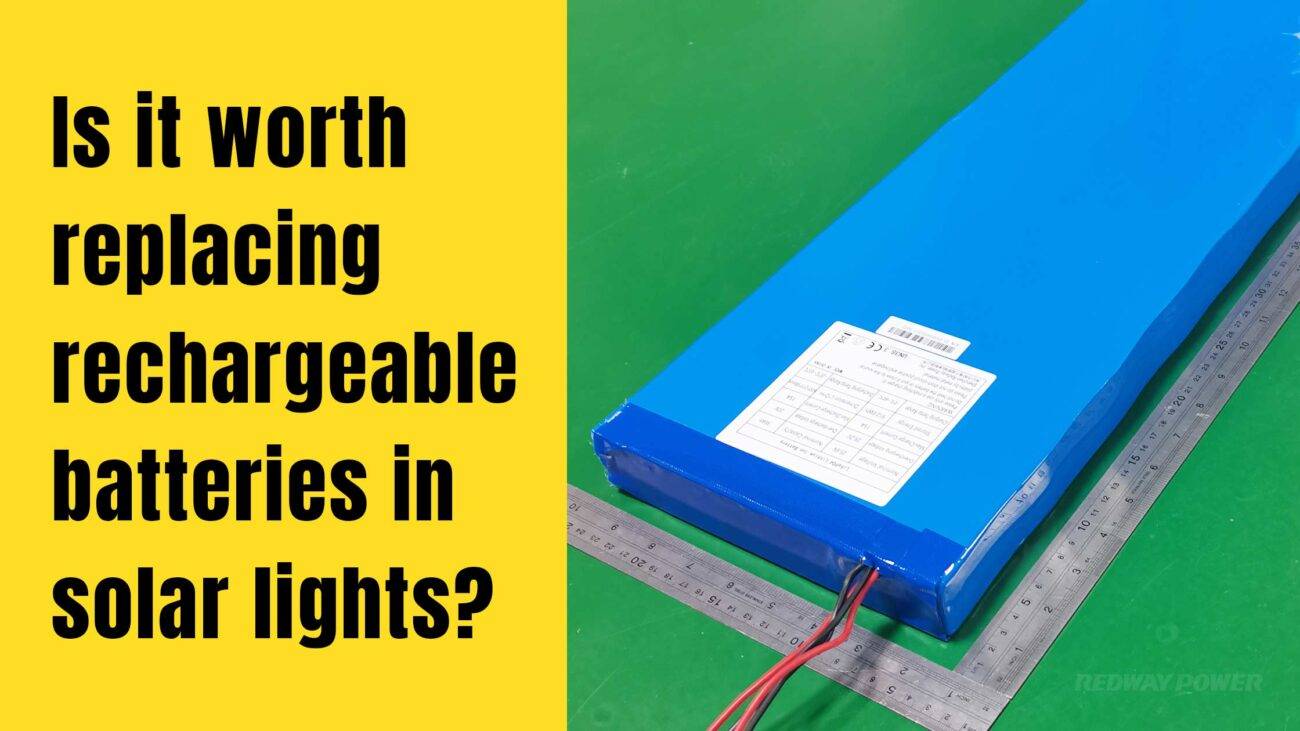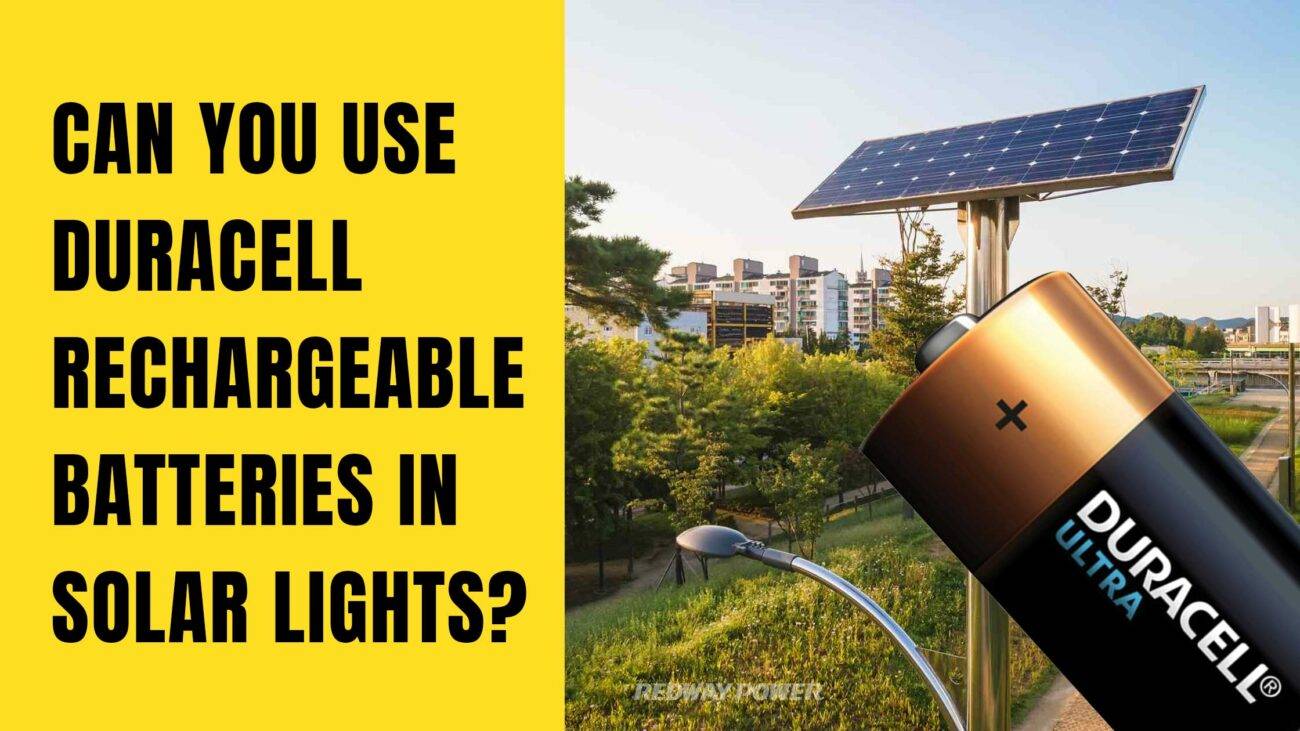- Forklift Lithium Battery
-
48V
- 48V 210Ah
- 48V 300Ah
- 48V 420Ah (949 x 349 x 569 mm)
- 48V 420Ah (950 x 421 x 450 mm)
- 48V 456Ah
- 48V 460Ah (830 x 630 x 590 mm)
- 48V 460Ah (950 x 421 x 450 mm)
- 48V 460Ah (800 x 630 x 600 mm)
- 48V 460Ah (820 x 660 x 470 mm)
- 48V 500Ah
- 48V 560Ah (810 x 630 x 600 mm)
- 48V 560Ah (950 x 592 x 450 mm)
- 48V 600Ah
- 48V 630Ah
-
48V
- Lithium Golf Cart Battery
- 12V Lithium Battery
12V 150Ah Lithium RV Battery
Bluetooth App | BCI Group 31
LiFePO4 Lithium
Discharge Temperature -20°C ~ 65°C
Fast Charger 14.6V 50A
Solar MPPT Charging - 24V Lithium Battery
- 36V Lithium Battery
- 48V Lithium Battery
-
48V LiFePO4 Battery
- 48V 50Ah
- 48V 50Ah (for Golf Carts)
- 48V 60Ah (8D)
- 48V 100Ah (8D)
- 48V 100Ah
- 48V 100Ah (Discharge 100A for Golf Carts)
- 48V 100Ah (Discharge 150A for Golf Carts)
- 48V 100Ah (Discharge 200A for Golf Carts)
- 48V 150Ah (for Golf Carts)
- 48V 160Ah (Discharge 100A for Golf Carts)
- 48V 160Ah (Discharge 160A for Golf Carts)
-
48V LiFePO4 Battery
- 60V Lithium Battery
-
60V LiFePO4 Battery
- 60V 20Ah
- 60V 30Ah
- 60V 50Ah
- 60V 50Ah (Small Size / Side Terminal)
- 60V 100Ah (for Electric Motocycle, Electric Scooter, LSV, AGV)
- 60V 100Ah (for Forklift, AGV, Electric Scooter, Sweeper)
- 60V 150Ah (E-Motocycle / E-Scooter / E-Tricycle / Tour LSV)
- 60V 200Ah (for Forklift, AGV, Electric Scooter, Sweeper)
-
60V LiFePO4 Battery
- 72V~96V Lithium Battery
- Rack-mounted Lithium Battery
- E-Bike Battery
- All-in-One Home-ESS
- Wall-mount Battery ESS
-
Home-ESS Lithium Battery PowerWall
- 24V 100Ah 2.4kWh PW24100-S PowerWall
- 48V 50Ah 2.4kWh PW4850-S PowerWall
- 48V 50Ah 2.56kWh PW5150-S PowerWall
- 48V 100Ah 5.12kWh PW51100-F PowerWall (IP65)
- 48V 100Ah 5.12kWh PW51100-S PowerWall
- 48V 100Ah 5.12kWh PW51100-H PowerWall
- 48V 200Ah 10kWh PW51200-H PowerWall
- 48V 300Ah 15kWh PW51300-H PowerWall
PowerWall 51.2V 100Ah LiFePO4 Lithium Battery
Highly popular in Asia and Eastern Europe.
CE Certification | Home-ESS -
Home-ESS Lithium Battery PowerWall
- Portable Power Stations
Can Regular AA Batteries Work in Solar Lights?

Using regular AA batteries in solar lights is possible, but it may not be the best option for optimal performance and longevity. This article explores whether regular AA batteries can effectively power solar lights, discusses the best types of batteries to use, and highlights potential drawbacks.
Can regular AA batteries work in solar lights?
Yes, regular AA batteries can technically work in solar lights as long as they match the voltage requirements of the light. However, they may not provide optimal performance. Solar lights typically require rechargeable batteries that can handle repeated charging cycles, which regular alkaline AA batteries cannot do effectively.Chart: Battery Compatibility Overview
| Battery Type | Compatibility with Solar Lights |
|---|---|
| Regular Alkaline AA | Possible, but not optimal |
| Rechargeable NiMH | Ideal for consistent performance |
| Lithium-ion | Excellent performance and longevity |
What types of batteries are best for solar lights?
The best types of batteries for solar lights include:
- Rechargeable NiMH Batteries: These are commonly used in many solar light applications due to their ability to recharge efficiently and withstand numerous cycles.
- Lithium-Ion Batteries: Known for their high energy density and longer lifespan, lithium-ion batteries are becoming increasingly popular in modern solar lighting systems.
- Specialized Solar Batteries: Some manufacturers offer specific battery packs designed for their products, optimizing performance and compatibility.
Chart: Recommended Battery Types
| Battery Type | Advantages |
|---|---|
| Rechargeable NiMH | Good cycle life and efficiency |
| Lithium-Ion | High energy density and durability |
| Specialized Solar Batteries | Optimized for specific models |
Why are rechargeable batteries recommended for solar lights?
Rechargeable batteries are recommended for several reasons:
- Energy Storage Efficiency: They can store energy collected during the day and release it during the night, ensuring consistent lighting.
- Cost-Effectiveness: Although initial costs may be higher, rechargeable batteries save money over time by reducing the need for frequent replacements.
- Environmental Impact: Using rechargeable options minimizes waste compared to single-use alkaline batteries.
Chart: Benefits of Rechargeable Batteries
| Benefit | Description |
|---|---|
| Energy Storage | Efficiently stores energy from sunlight |
| Cost Savings | Reduces long-term battery replacement costs |
| Environmental Impact | Less waste produced from single-use options |
What are the drawbacks of using regular AA batteries in solar lights?
While you can use regular AA batteries, there are notable drawbacks:
- Limited Lifespan: Regular alkaline batteries have a shorter lifespan compared to rechargeable options, requiring more frequent replacements.
- Inconsistent Performance: As they discharge, their performance may drop significantly, leading to dim lighting or reduced operational time.
- Environmental Concerns: Disposing of non-rechargeable batteries contributes to environmental pollution if not recycled properly.
Chart: Drawbacks of Regular AA Batteries
| Drawback | Impact |
|---|---|
| Limited Lifespan | Frequent replacements needed |
| Inconsistent Performance | Reduced brightness over time |
| Environmental Concerns | Increased waste and pollution |
How do I choose the right battery for my solar lights?
Choosing the right battery involves several considerations:
- Voltage Requirements: Ensure that the battery matches the voltage specifications of your solar light system.
- Battery Chemistry: Opt for rechargeable options like NiMH or lithium-ion that suit your usage needs.
- Capacity (mAh): Select a battery with sufficient capacity to ensure adequate runtime based on your light’s power consumption.
Chart: Battery Selection Criteria
| Criterion | Consideration |
|---|---|
| Voltage Requirements | Match with existing system |
| Battery Chemistry | Choose between NiMH or lithium-ion |
| Capacity (mAh) | Ensure sufficient runtime |
Rechargeable Batteries | Taken AA Rechargeable Batteries for Solar Lights
Industrial News
The market for renewable energy solutions continues to grow, with advancements in battery technology significantly impacting the efficiency of solar lighting systems. Manufacturers are increasingly focusing on developing high-capacity lithium-ion and specialized rechargeable battery options that enhance performance while minimizing environmental impact. These innovations aim to provide consumers with longer-lasting and more reliable power sources for outdoor lighting applications.
Redway Power Insights
“While using regular AA batteries in solar lights is feasible, it’s essential to consider long-term performance and environmental impact,” states Redway Power’s expert team. “Investing in high-quality rechargeable options not only enhances efficiency but also contributes to sustainability efforts.”
FAQ Section
Q: Can I use alkaline AA batteries in my solar lights?
A: Yes, but they may not perform optimally compared to rechargeable options.Q: How often will I need to replace regular AA batteries in my solar lights?
A: Regular alkaline batteries typically need replacement every few weeks or months depending on usage.Q: Are there any environmental concerns with using non-rechargeable batteries?
A: Yes, improper disposal of non-rechargeable batteries can lead to environmental pollution due to toxic materials.

















